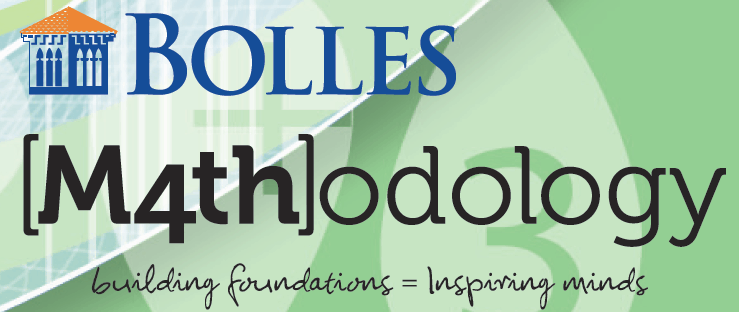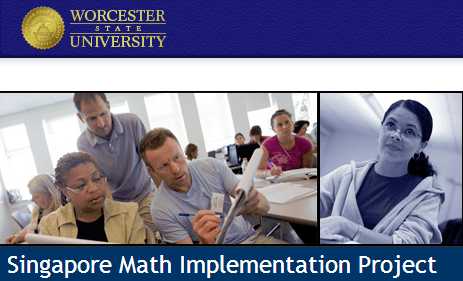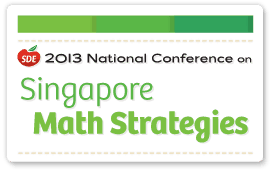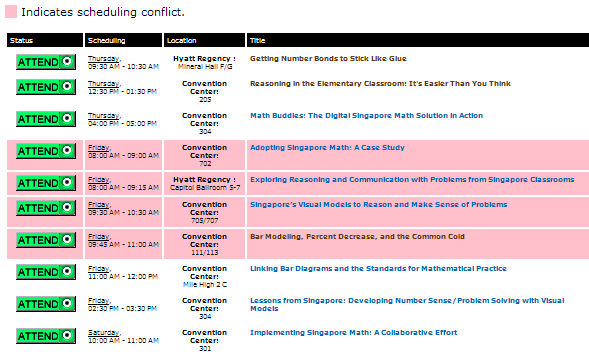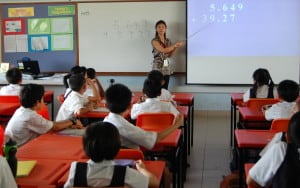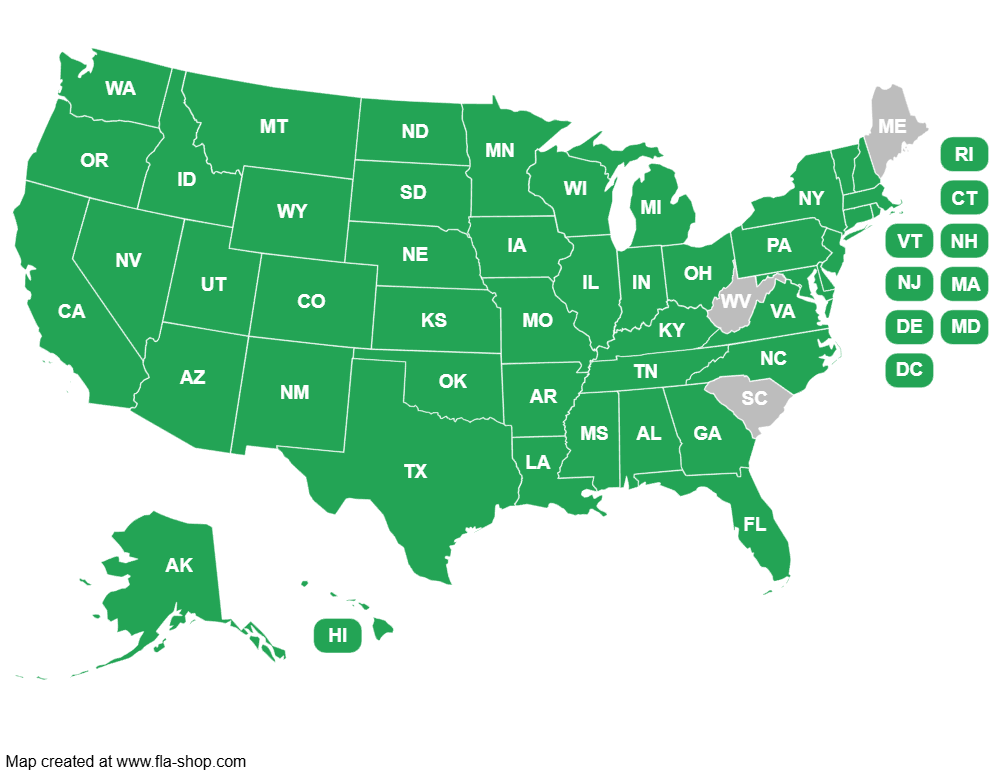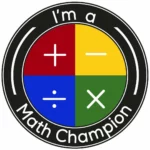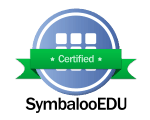 Since its launch in 2008, Singapore Math Source has become one of the internet’s leading sites for Singapore Math® resources.
Since its launch in 2008, Singapore Math Source has become one of the internet’s leading sites for Singapore Math® resources.
SingaporeMathSource.com provides a broad assortment of resources for administrators, teachers, parents and students. What’s more, everything listed on these resources pages has been tested and/or created by me personally. When I work with schools and teachers or host my after-school math clubs for students, these are the materials and sites I actually use and strongly recommend.
If you haven’t visited these pages, I invite you to take a look.
New Singapore Math® Jobs Placement Page
Today, I’m happy to add a new “Jobs Placement” page to the site’s Singapore Math® Resources. This page is the direct result of questions that I frequently am asked:
- Do you know of a teaching candidate with experience using the Singapore curriculum?
- Do you know of a tutor who might help my students learn math?
- What school might appreciate my knowledge and experience teaching Math from Singapore?”
This isn’t fancy (for now, at least). But I hope it might help schools, teachers and parents with specific personnel needs to meet one another. If you are asking any of these questions, let me know and I’ll see if I can help.
Photo courtesy of brizzlebornandbred.
